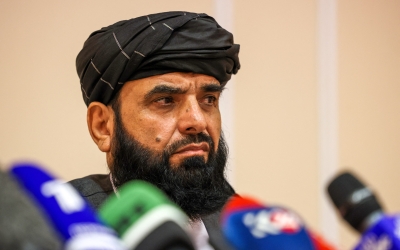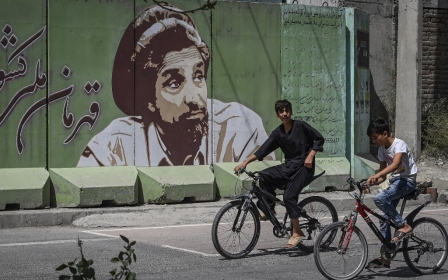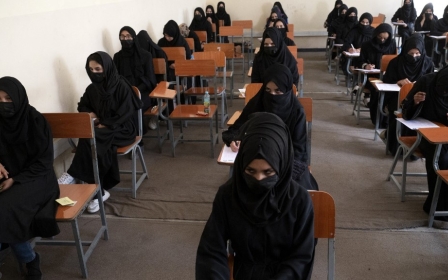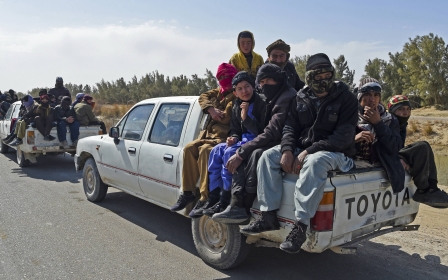Afghan resistance leader Ahmad Massoud says ‘needs help’ from Israel
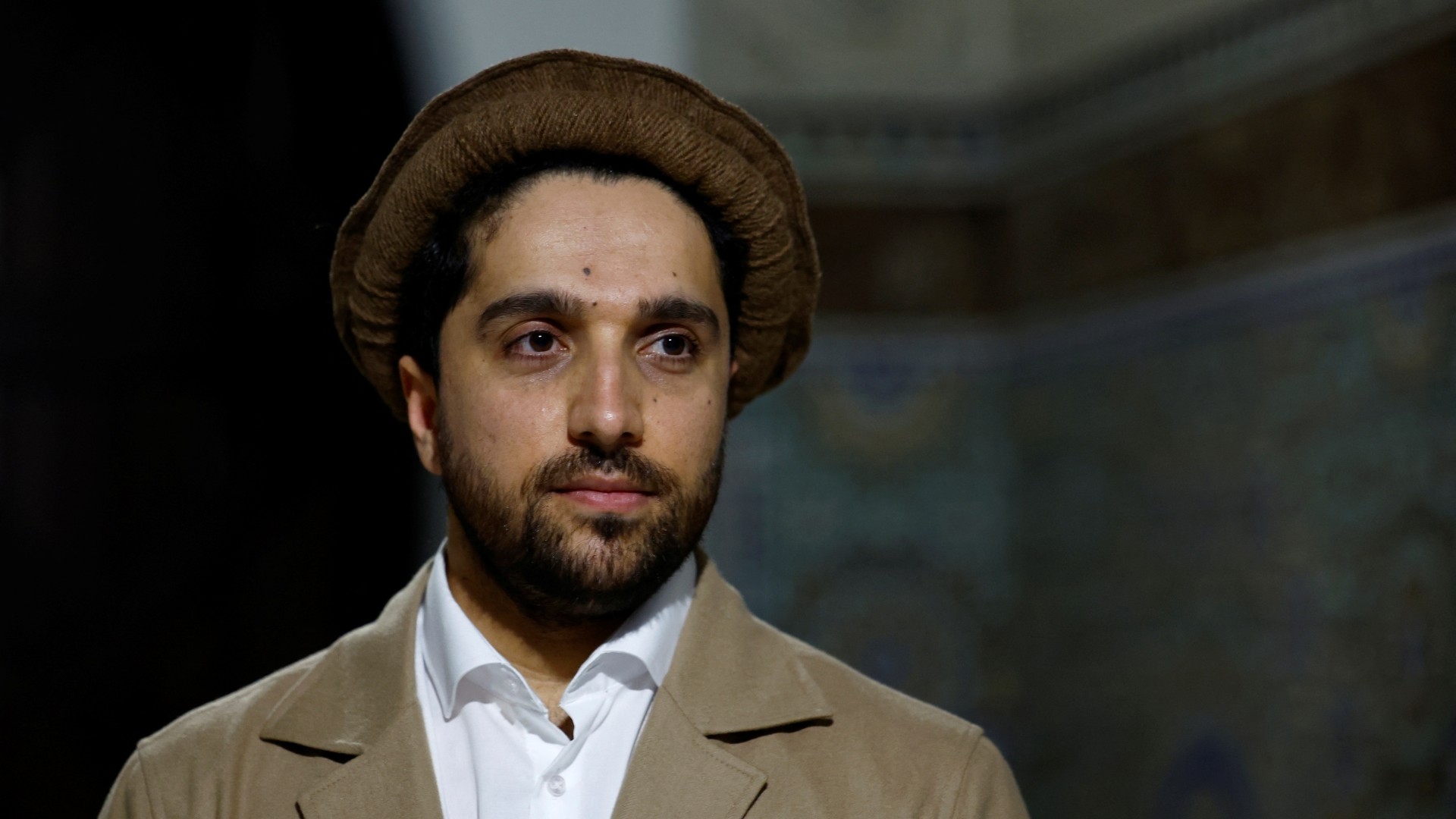
The exiled leader of Afghanistan’s main armed resistance has reportedly said he is willing to seek assistance from Israel in his group’s fight against the ruling Taliban government.
Israeli newspaper Maariv reported on Tuesday that Ahmad Massoud, son of famed anti-Soviet commander Ahmad Shah Massoud, told the publication that his National Resistance Front needs "help from any party that wants to support us, including Israel".
“I think we should all act together for the advancement of humanity in the face of darkness, terrorism and ignorance,” he was quoted as saying.
The Hebrew report also included a picture of Massoud purportedly taken by Gideon Kouts, who wrote the story. Maariv said his remarks were made while in Europe drumming up support for his resistance and promoting a new book.
Massoud’s words have already made the rounds in the Afghan media, including on social media, where they have led to criticism and mockery due to Israel’s abuses of Palestinians and violations of Muslim holy sites.
New MEE newsletter: Jerusalem Dispatch
Sign up to get the latest insights and analysis on Israel-Palestine, alongside Turkey Unpacked and other MEE newsletters
Within hours of the story going viral, the National Resistance Front issued a statement on X, the platform formerly known as Twitter, saying the group has never called for Israel’s assistance.
“The National Resistance Front of Afghanistan has not spoken specifically with any Israeli media and there has been no request for help from that country. Rumours about this are completely baseless and biased,” the X post said, without naming either Maariv or Massoud directly.
Kouts told Middle East Eye that Massoud made the comments to him as part of a news conference. “We had also some brief personal exchange after the conference,” he said.
According to Kouts, Massoud was aware the journalist worked for Maariv and that it was an Israeli media organisation.
The Israeli foreign ministry declined to comment on Massoud’s remarks.
Support for Palestine
Despite the denial, Massoud has come under heavy criticism.
“Even Jamiat-e Islami, which his father was a committed member of, was directly inspired by the Muslim Brotherhood and is inherently sympathetic to the Palestinian cause,” Qadeer Popal, an Afghan journalist and commentator who was quick to call Massoud out online, told MEE.
Popal pointed to the building of a replica of Jerusalem’s Dome of the Rock in Kabul as an example of the Afghan people’s commitment to Palestine.
“The remarks will further isolate him from Islamic elements in Afghanistan whose support is entirely essential if he seeks to claim any territory or intra-Afghan legitimacy,” Popal said.
Neither the current Taliban-run Islamic Emirate of Afghanistan nor the former western-backed Islamic Republic government officially recognise Israel, and both have repeatedly expressed their support for the Palestinian people.
Last year, the Islamic Emirate’s chief spokesperson met with Hamas leaders during a trip to Istanbul. Zabihullah Mujahid’s October 2022 meeting with Ismail Haniyeh, Hamas's political chief, was seen as reciprocation for Haniyeh’s congratulations to the Taliban for its August 2021 return to power.
However, one Islamic Emirate official came under criticism last year when he made a statement that seemed to employ very similar rhetoric to Massoud’s recent comments.
In an interview with Al Jazeera Arabic, Muhammad Naeem, a Taliban spokesman, was asked if its government would be open to diplomatic ties with Israel.
"What problem do we have with Israel? Next thing someone will ask whether we are willing to have a dialogue with Mars," Naeem said in response to the interviewer’s question. He later went on to retract his statement, saying his words had been misinterpreted.
Despite its close ties to the United States, the former Republic stated its support of the Palestinian cause on several occasions and even provided financial assistance.
Between 2014 and 2019, the Afghan government donated more than $1.5m in aid to Palestinian refugees and to the people of Gaza specifically.
Middle East Eye delivers independent and unrivalled coverage and analysis of the Middle East, North Africa and beyond. To learn more about republishing this content and the associated fees, please fill out this form. More about MEE can be found here.


